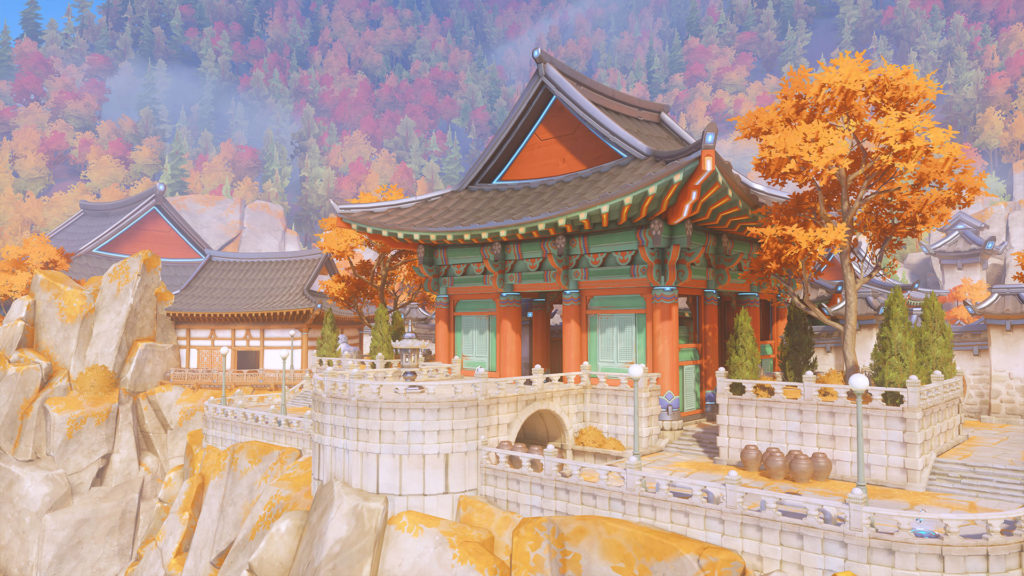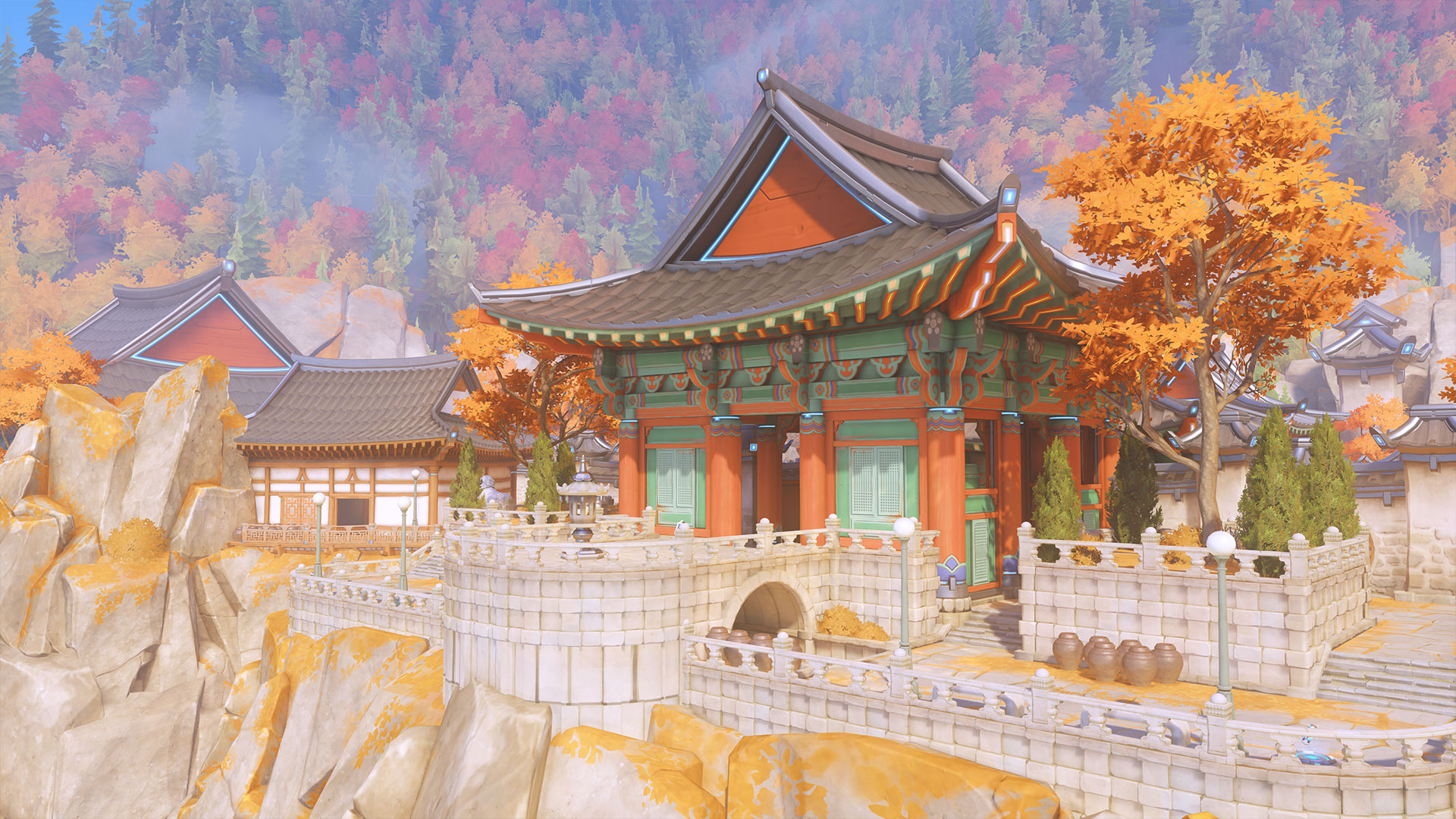
The problem with holding corporations to moral standards
By Rommel Cadag, Contributor
On October 4, a seemingly innocuous but ultimately incendiary statement was published in the Twitterverse: “Fight for freedom, stand with Hong Kong.”
Daryl Morey, the general manager of the NBA team Houston Rockets, expressed a sentiment of solidarity with the protesters of Hong Kong, who are currently embroiled with their local government over what started out as issues with a proposed extradition bill and became broader concerns over Mainland China’s erosion of Hong Kong’s autonomy under the “one country, two systems” principle.
To the Western, democratic world, this statement was just par for course. It may even be desirable, as democracy thrives upon its citizens holding those in power accountable either through the ballot box or through their freedom of speech and assembly. It must’ve been a rude awakening to see the NBA’s response.
NBA’s ownership and commissioner quickly denied that Morey was speaking for them and invoked their apolitical stance. Morey, later on, issued an apology and a clarification that his statement was an opinion and was in no means representative of the NBA’s. This kowtowing to the Chinese regime was so blatant that the American public couldn’t help but immediately express their distaste loudly.
On October 8, Blizzard Entertainment, a well-known and beloved videogame developer and publisher of titles such as World of Warcraft, Diablo, Starcraft, Overwatch, and Hearthstone, banned pro-player and Hong Kong native Chung “Blitzchung” Ng Wai from competition for, you guessed it, making statements supporting the Hong Kong protesters. In addition to the year suspension from the competitive circuit, Blitzchung also forfeits his prize earnings from this season. In case that doesn’t mollify the anger of Blizzard’s they also severed ties with the casters who hosted the post-match interview.
From a business standpoint, it’s hard to fault the NBA’s and Blizzard’s position. China has huge ownership ties in both entities—with Chinese company, Tencent, owning shares in Activision Blizzard. Joseph Tsai, co-founder of the Chinese holding company, Alibaba Group, also owns NBA team the Brooklyn Nets. But it doesn’t stop there; the Chinese market is also a huge part of both companies’ consumer base. Blizzard has been investing in the burgeoning e-sports scene and has several Overwatch teams from China.
As for the NBA, they have been laying the groundwork for basketball in China for a long time, from selling broadcasting rights to hosting preseason games and offseason tours in the country. This investment has led to the point where it can be argued that basketball is the most popular sport in China, and by extension the NBA is the most popular professional sports league as well. Suffice to say, a misstep in this particularly sensitive area will make a massive difference to both organizations’ bottom lines by curtailing their growth opportunities and thus, shareholder and investor optimism.
In times past, these two companies have been celebrated for their progressive stance on a number of issues. Blizzard Entertainment, for example, has attracted a massive 2SLGBTQ+ fan base due their positive representation of ethnic and sexual minorities in their game, Overwatch. In fact, the game’s mascot, Tracer, is canonically lesbian.
Similarly, the NBA has also positioned itself as a progressive league, especially in comparison to the NFL and the MLB. It has supported the rights of its individual athletes’ opinions on certain political issues, such as police brutality and systemic racial injustice. This is why this heel-turn was perhaps so jarring. These entities were heroes (as much as corporations can be) that the public has looked up to—their years of accumulated goodwill suddenly collapsing, not all that different from a game of Jenga.
Blizzard has initially adopted the wall of silence approach. On October 12, they relented a bit by restoring Blitzchung’s eligibility for his prize money and cutting the initial year-long suspension in half. Accordingly, the two casters involved had their suspensions reduced to half as well. Blizzard reiterated their commitment to their core values, such as “think globally” and “every voice matters.”
Furthermore, they justified their initial suspension by citing their vague rule about “engaging in any act that, in Blizzard’s sole discretion, brings you into public disrepute, offends a portion or group of the public.” They also vehemently denied that their relationships in China had any influence in their decision. As if their words can somehow convince the public that water isn’t wet.
On the other hand, the NBA realized their earlier blunder. In a follow-up statement on October 8, Adam Silver, the league’s commissioner, tried to stand up for their employees’ freedom of speech. Of course, they still had to appease China, so they washed their hands of the responsibility of adjudicating that aforementioned freedom. It’s also telling that various NBA personalities, especially the outspoken ones like Golden State coach, Steve Kerr, are reluctant to get involved with the subject matter. As “woke” as they are, they know their true allegiance; they know the huge financial ramifications of pissing off the world’s second largest economy.
Time will tell how all of this will play out. Blizzard Entertainment is hosting a massive, annual convention called BlizzCon in less than a month. I think it’s safe to assume that protests will be occurring in this supposed celebration of everything Blizzard. The NBA’s 74th season will start in the latter half of October. The Chinese government has already harshly rebuked the NBA. In conjunction, CCTV, China’s state television, has already dropped NBA games from their network. Just like dominoes falling into place, several other Chinese companies are also starting to clamp down on the NBA. Both companies under fire are trying to placate the Chinese government and the American public. So far, to no one’s surprise, it doesn’t seem like they are winning over either of them.

